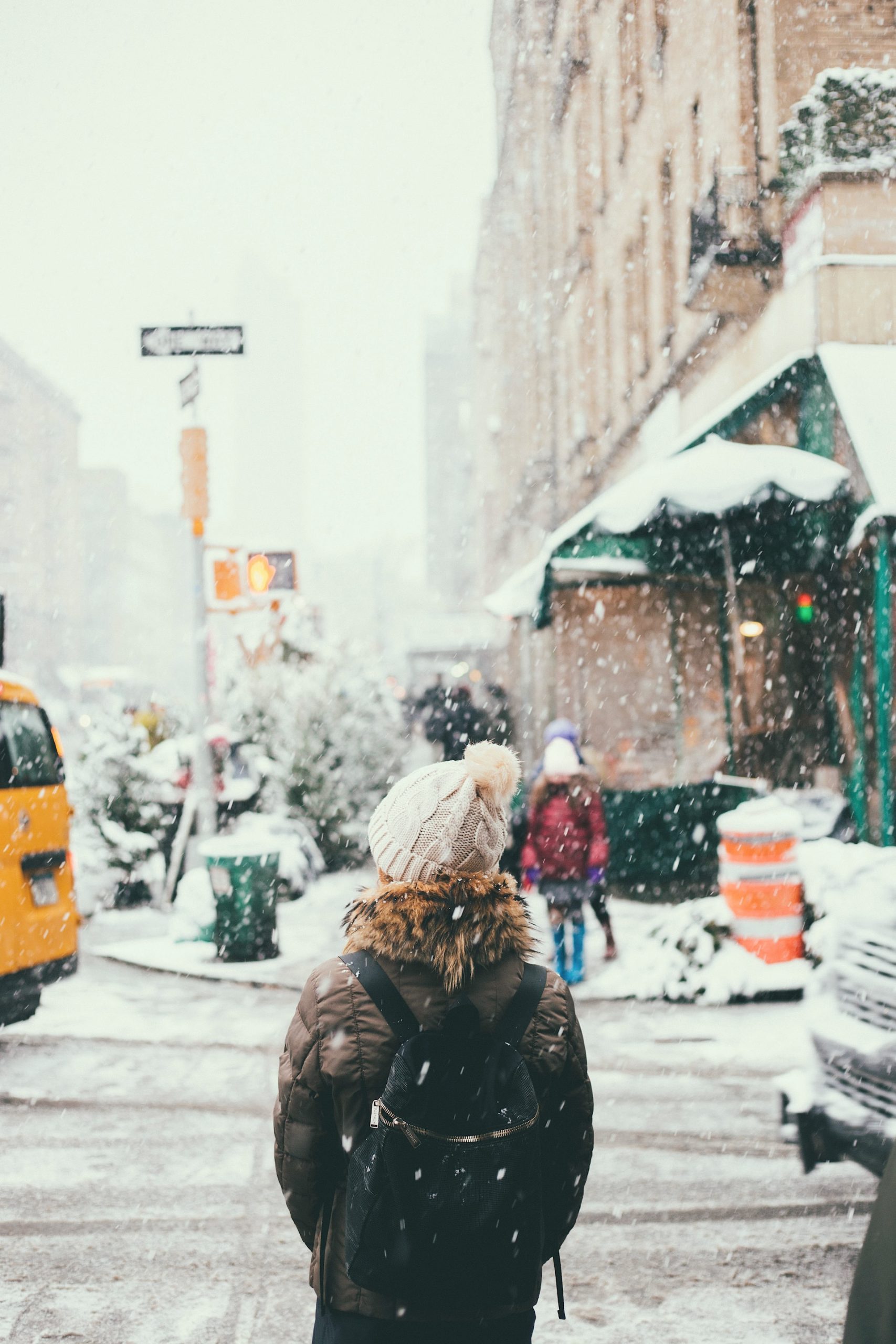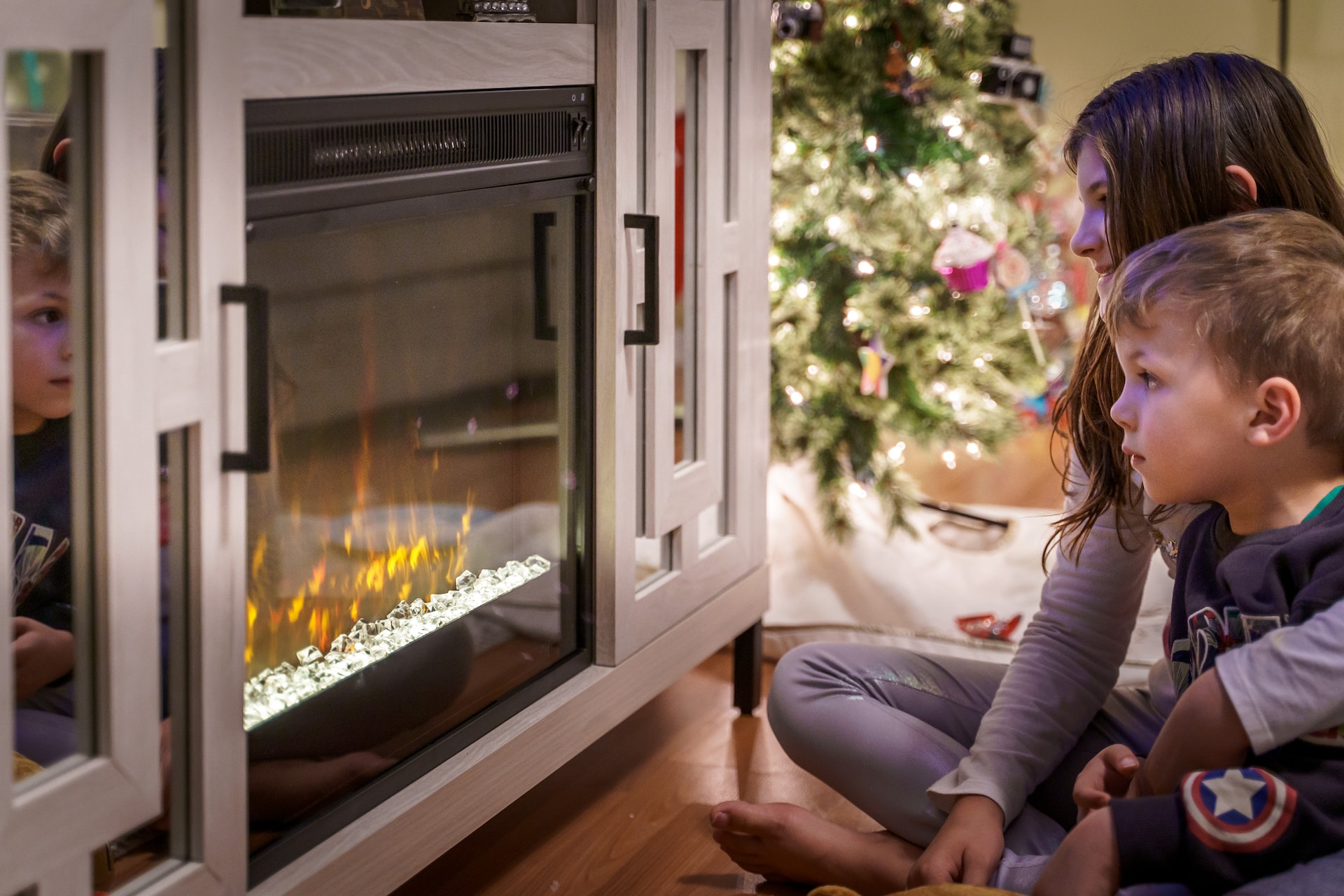How to Take Care of Your Appliances and Get Prepared for the Next Winter
You’re no stranger to winter’s challenges. But, have you considered how it affects your appliances? It’s imperative you do.
From your heating system to your fridge, understanding their needs can help extend their lifespan, prevent damage, and even save energy.
Don’t let the cold catch you off guard. Let’s delve into how you can prep your appliances for winter and ensure they’re running at their best, even in the chilliest months.
Understanding Your Appliances’ Winter Needs

You need to understand your appliances’ specific needs during winter to ensure they’re functioning optimally and efficiently. Seasonal usage patterns play a crucial role in this. For example, your heating system works harder in winter, so it’s essential to perform regular maintenance.
Similarly, your refrigerator may function differently due to the cold temperature outside. Appliance insulation techniques are also important. Insulating your water heater or pipes can prevent heat loss and help in energy conservation.
Essential Pre-Winter Maintenance Tips
Transitioning into pre-winter maintenance, it’s crucial to consider a few essential tips that can protect your appliances from cold weather damage.
Seasonal checkups are your first line of defense. For instance, it’s necessary to have your heating system inspected before the winter chill sets in. This will ensure it’s working efficiently, saving you discomfort and high energy costs.
Winter proofing measures, on the other hand, go a long way in shielding your appliances from extreme cold. Simple tasks like insulating pipes can prevent freezing and subsequent bursting. Consider using a water heater blanket to reduce heat loss. You should also drain outdoor faucets and hoses to avoid water freezing inside them.
Extending Appliance Lifespan During Winter
To extend your appliances’ lifespan during winter, several essential steps should be followed, ensuring they not only survive the cold months but also function optimally.
Start by learning effective winter proofing techniques. These may include insulating water heaters and pipes to prevent freezing or using surge protectors for electronic devices, guarding against power fluctuations common in winter storms.

Next, consider seasonal upgrades. If your appliances are older, upgrading to energy-efficient models can make a significant difference in functionality and durability during winter. Newer models often have improved features designed to withstand harsh conditions.
Preventing Winter-Related Appliance Damages
Protecting your appliances from winter-related damages can save you a bundle in repair costs and prolong their lifespan. There are several ways to do this, but let’s focus on insulation techniques and seasonal replacements.
When it comes to insulation, wrap exposed pipes and use weatherstripping for gaps around doors and windows. This’ll keep the cold air out and your appliances warm. Don’t forget to insulate your water heater too, it’ll work more efficiently.
Seasonal replacements are another preventive measure. Swap out old filters in your furnace and humidifier before winter hits. They’ll run more efficiently and last longer. Remember, it’s cheaper to replace a filter than an entire appliance.
Economizing Energy Usage in Cold Months
After you’ve safeguarded your appliances from winter damage, the next step is efficiently managing your energy usage during the colder months. Smart thermostats are a great way to economize your energy consumption. They allow you to program your heating schedule, ensuring your home is warm when you’re there and saving energy when you’re out.
Next, don’t overlook insulation techniques. By properly insulating your home, you’re ensuring that heat doesn’t escape, reducing the need to crank up the heat. Think about insulating your loft, walls, and floors. Also, draft-proofing doors and windows can make a noticeable difference.

Frequently Asked Questions
What Are Some Common Appliances That Could Potentially Be Dangerous if Not Properly Maintained During Winter?
You’ve got to watch your heating systems, like fireplaces and gas heaters. Poor maintenance can lead to fires or carbon monoxide leaks. Always prioritize fireplace safety and carbon monoxide awareness, especially during winter.
How Can I Properly Store Appliances That Are Not in Use During the Winter Months?
When storing unused appliances in winter, you’d want to focus on seasonal appliance usage and winterizing electronics. Unplug, clean, and store them in a dry, cool place to avoid damage from cold and moisture.
Are There Different Maintenance Steps to Follow for Different Brands of Appliances?
Yes, different brands often require brand-specific maintenance. It’s essential to consult your appliance’s manual for the best care. Remember, proper care can greatly impact the lifespan differences among various appliances.
How Can I Ensure My Appliances Are Operating Efficiently During Warmer Months?
For summer maintenance, you’ll want to clean your appliances regularly, check for wear and tear, and adjust settings for energy efficiency. Proper upkeep ensures they’ll work optimally, even in the warmer months.

Should I Consider Replacing Older Appliances Before the Winter Season?
Yes, consider replacing older appliances before winter. Conduct an Energy Efficiency Evaluation and Appliance Lifespan Analysis. You’ll save money on energy bills and avoid breakdowns during the cold months.
Conclusion
Taking care of your appliances before winter hits is essential. Remember to regularly perform maintenance, extend their lifespan, and prevent damage from cold weather.
Not only will this save your appliances, but it’ll also help you economize energy usage. So, don’t wait until the chill sets in. Prepare your appliances for winter today, and you’ll be rewarded with a hassle-free, cozy winter season.
Be proactive; it’s worth the effort!
